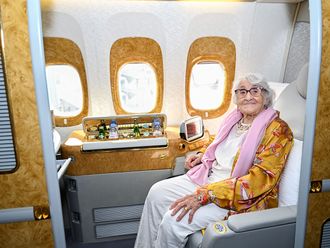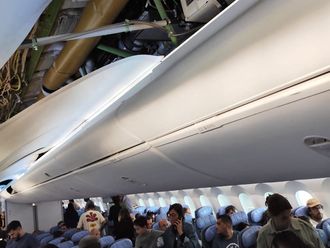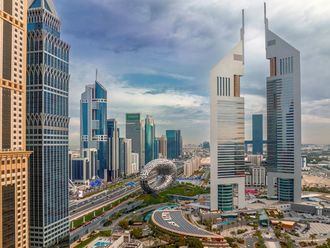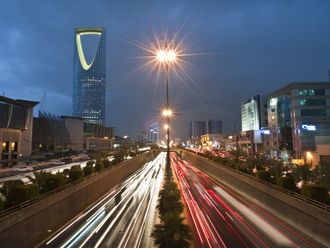Dubai: Pirates off the Somali coast are operating in a wider area, venturing into the Indian Ocean, thus increasing the threat and insurance costs for shipping companies.
To avoid the risk of attack, ships are changing their itineraries that take them on a longer route around East Africa, said Chris Hayman, chairman of the regional maritime exhibition Sea-trade Middle East Maritime.
Whether carrying cargo or servicing the offshore oil industry, sailing time is increasing and transportation costs are cutting into tightened budgets.
"Pirates are attacking on a more regular basis. Ship owners in this region are very concerned about the impact, which is felt in many ways," he said.
Aside from the cost of fuel, risks involve the safety of the crew and the seizure of the ship and its cargo.
"The industry is looking for an international solution at a government level," Hayman said.
The United Nations has been involved in talks to find a solution to the threat of piracy.
Recovery
Aside from the challenges, the maritime industry in the Middle East has picked up the pace of recovery, evident in the growth of the Seatrade show.
The organisers said 58 countries participated this year, taking up about 9,000 square metres, an increase of as much as 10 per cent over the last edition of the show in 2008.
"There is a strong presence from China. It is becoming an important force in the shipping industry," Hayman said, adding that research has shown that China is now handling 35 per cent of the world's order book for ships.
The current fleet size owned by Middle East companies is equal to 57.3 million deadweight tonnes and 2,040 vessels.
A new research done by Doll Shipping pegs the regional order book at 20.9 million deadweight tonnes, representing 37 per cent of the existing fleet.
Trend
"We are seeing more types of ships being built by Middle East companies, such as for dry bulk," said Hayman, adding that while it represents 15 per cent of the current fleet, the order book comprises 24 per cent dry bulk vessels, showing an increasing demand for ships that can transport cargo such as iron core and grain.
"The Middle East is becoming a really important ship owning centre and also a ship management centre. Fleets are increasingly being managed here," he said.
Meanwhile, throughput volumes from the region have shown signs of recovery with operators such as DP World posting growth of around 15 per cent for the first nine months of the year against the same period the year before.












